RESPONSIBILITY FOR THE SUPPLY CHAIN AND PRODUCTS
Consumers are critical these days. They now ask more questions before purchasing than they used to. They want to know: where was the product produced, by whom and under what conditions? What materials is it made of? And can it be recycled afterwards? How efficiently does the machine operate? Kärcher takes these consumer interests seriously, responds to questions and has the right answers. This is because Kärcher is not only the market leader in cleaning technology but also a benchmark in terms of sustainability.
Standards for quality, social issues, the environment and occupational safety
Handling resources efficiently is our core competence. We use this capability to increase the sustainability of our products and our supply chains.
Consumers are critical these days. They now ask more questions before purchasing than they used to. What they want to know is: Where was the product manufactured, by whom and in what conditions? What materials is it made of? And can it be recycled afterwards? How efficiently does the machine operate? Kärcher takes these consumer interests seriously, responds to questions and has the right answers.
Kärcher is aware of its responsibility as a globally active company. The implementation of the Act on Corporate Due Diligence Obligations in Supply Chains (Supply Chain Act) in our operational processes is also important for Kärcher. Our policy statement on human rights and environmental aspects explains how this implementation takes place. Kärcher periodically reflects on this policy statement and adapts it as needed.
Thats why we also ask questions of our suppliers. Quality, social, environmental and occupational safety standards are checked in annual audits. We require our suppliers to adhere to our compliance rules and our code of conduct.
Energy Efficiency Signed and Sealed
Kärcher offers its customers machines with which they can clean while saving energy and conserving resources. They undergo rigorous testing in our laboratories. With the eco!efficiency product line for professional operators, we have developed a particularly environmentally friendly and highly efficient range of products.
Ahead of its time
The responsible use of valuable resources such as water and energy is a priority at Kärcher. This is why our products were, years ago, already meeting the environmental standards which the European Union is due to enforce in 2017. As of September 2014, vacuum cleaners in the EU may not exceed a power input of 1,600 watts; in 2017, this value will be even further reduced to 900 watts. When they were introduced onto the market in 2013, our eco!efficiency dry vacuum cleaners for the cleaning of buildings already had a power input of only 750 watts and thus consumed 40 percent less energy while providing 98 per cent of the cleaning power of the basic unit.
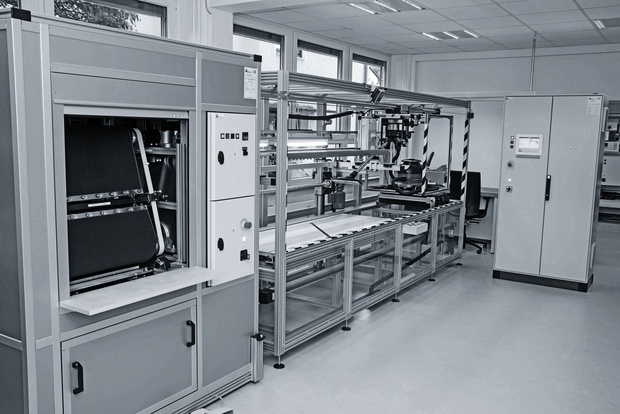
In-house laboratory testing
In order to reliably ensure the required values for dry vacuum cleaners for the household and professional markets in the long run, Kärcher is one of the few companies in Germany to have established its own ErP laboratory (ErP = Energyrelated Product) for dry vacuum cleaners. At the laboratory, not only is the energy use during cleaning measured but dust emissions, the quantity of dust particles that are released into the ambient air from the machine, are also under scrutiny.
Noise pollution
Although we usually only notice an excessively high energy use when reading the electricity bill, we experience unpleasant or loud sounds immediately. Noise emissions are therefore also an important aspect which we include in the development of our products from the very beginning. Therefore, a reduction of 10 dB (A) is already perceived by operators as a 50 per cent reduction in the noise level. Because of this, our dry vacuum cleaners are ideally suited for longer operating periods and noise-sensitive areas such as hotels, nursing homes or hospitals.
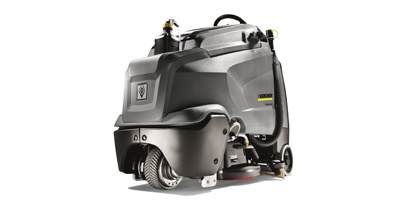
Numerous scrubber driers are equipped with the particularly energy-efficient eco!efficiency mode. This machine cleans with a lower blower power, reduced cleaning agent consumption and a lower brush speed; therefore, it can be operated for longer and is quieter and more energy efficient. Up to 50 per cent can be saved on energy and water, with impressive cleaning results at the push of a button.
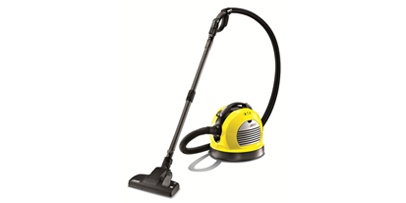
The vacuum cleaner field test of the “Power Saving Initiative” campaign in November of 2014 confirmed that the Kärcher VC 6 Premium makes a contribution to climate protection. As the machine with the lowest wattage in the test, it achieved the highest rating in five out of nine categories, prevailing over five other brands/models with wattages of up to 1,000 watts.
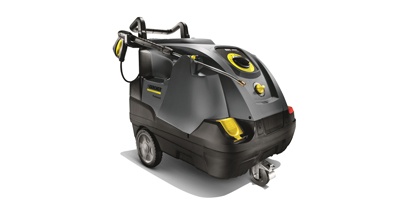
The European Association EUnited Cleaning has certified the burners for Kärcher hot water high-pressure cleaners as efficient and environmentally friendly. The high level of effectiveness and the low soot and carbon monoxide emissions were decisive factors for the certification in 2015.
Overview: Our commitment to supply chain and products
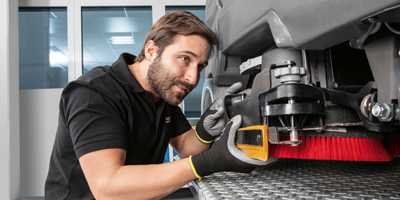
The Kärcher repair promise
Resource-conserving products have a long lifetime. To make sure that this is the case, Kärcher's openness to maintenance and repair is already taken into account in the development stage. Over 50,000 service outlets all over the world ensure that our customers are happy with their products in the long term and can work efficiently. Most devices can still be repaired and supplied with appropriate spare parts even after ten or more years. What's our goal? Products designed to last that can be repaired to ensure a greater degree of sustainability.
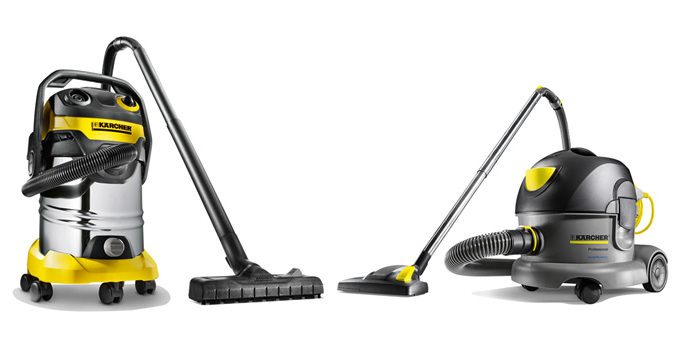
Environmentally friendly products
At Kärcher, more than 950 employees work in research and development, continuously making processes and products even more efficient so that our customers can clean while saving as much energy as possible and conserving resources. This resulted in our eco!efficiency product range for professional users. And our products for private users also impress with their energy efficiency thanks to their economical electricity and water consumption, among other factors.
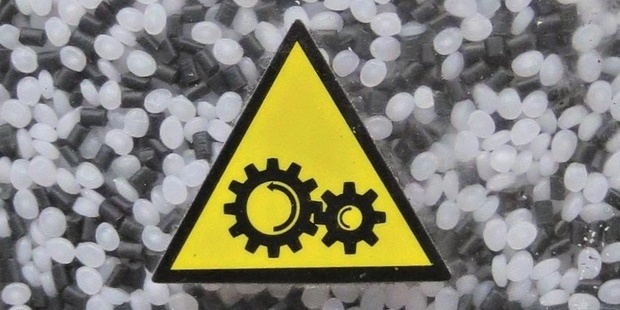
Plastic – quality and recycling
We are partially replacing steel in our cleaning machines with high-quality polypropylene plastic. We use a particularly high-quality recycled polyamide based on Technyl® 4earth® technology for producing spray lances in high-pressure cleaners. Plastic components which we produce in-house and those which we purchase from external suppliers are regularly inspected to establish whether they contain any harmful substances. In addition, a process we developed can be used to take reject parts out of plastic production and transfer them for reuse in our own production process.
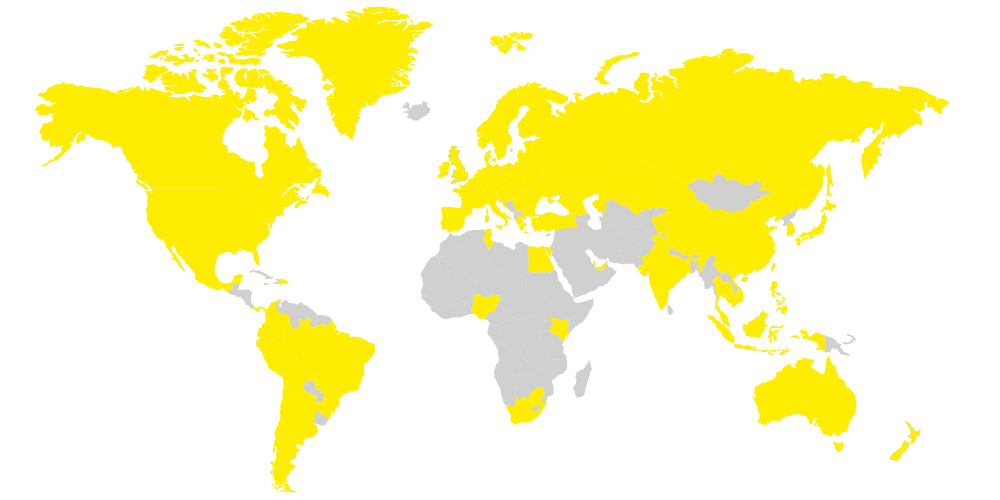
Certified factories around the world
Thanks to our integrated management system for quality, environmental protection and energy efficiency, we can ensure that we are continuously improving our processes and therefore also our performance.
> Download Certificate ISO 9001
> Download Certificate ISO 14001
> Download Certificate ISO 50001
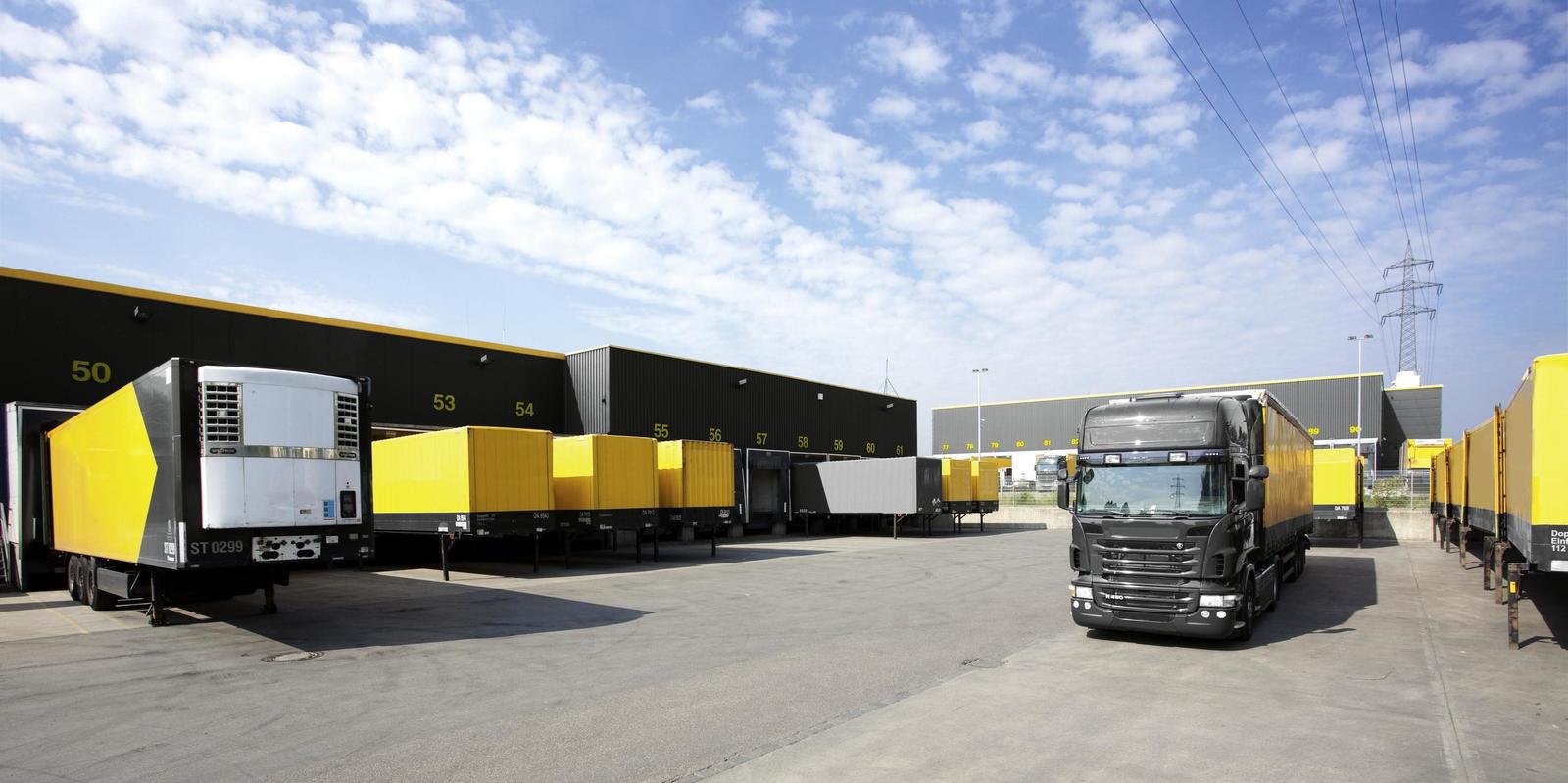
High standards for suppliers
Anyone wanting to be a supplier for Kärcher has to fulfil strict criteria. We regularly perform internal audits and company visits, particularly for our suppliers of production material. We also oblige our suppliers to adhere to our compliance rules by signing our code of conduct. A standardised system platform is used for supplier management. This makes processes more transparent, reduces costs and makes the relationship with the supplier more sustainable.
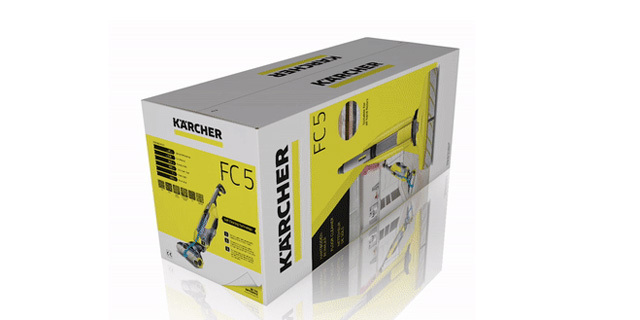
Recyclable packaging
Good packaging has to perform well. Packaging materials also have to meet important requirements in terms of sustainability. On average, our packaging already has a recycled paper content of over 80 per cent at present. 95 per cent of our packaging is paper-based. By 2025, we will optimise the sustainability of all product packaging: We are improving the stability of our products and product surfaces to achieve plastic-free packaging.
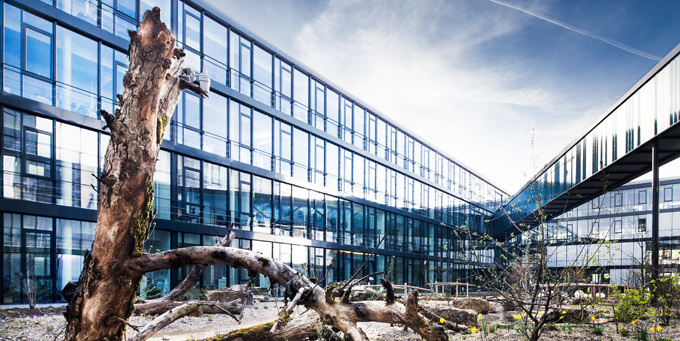
Environmentally friendly buildings
We apply high environmental standards when constructing new buildings at our sites. A woodchip heating system burns the company's waste wood from pallets in a CO₂-neutral manner at Kärcher's new site in Winnenden. Electricity for the air-conditioning system is generated by a photovoltaic system on the roof of the new office building. This is having a major impact. By using renewable energies and extensive insulating measures, the buildings are 20 per cent below the limit values defined in the German Energy Saving Ordinance (Energiesparverordnung).
Environmental information
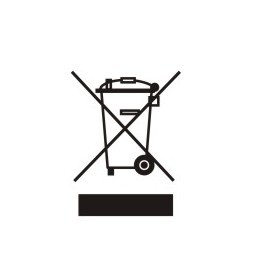
Information on the disposal of old electronic devices
Environmentally friendly products, services and processes are embedded in our corporate mission statement. We therefore also fulfil the obligations of the European WEEE Directive and would like to point out the following.
Old electronic devices must not be disposed of with household rubbish. Consumers are legally obligated to take these to an appropriate collection point (of a business or local authority). You can also return your old devices free of charge to any Kärcher Center.
Please note that electrical and electronic devices (B2B) for commercial purposes must be disposed of via municipal collection points. We will be happy to inform you of suitable disposal options.
Please remove non-rechargeable and rechargeable batteries insofar as possible and dispose of these in an environmentally friendly manner using appropriate collection systems. For devices with data storage, you are obliged to delete personal data.
The rubbish bin sign means that old electronic devices must not be disposed of with household rubbish.
Old devices may contain harmful substances that could damage the environment and health. Old devices are recycled, as they contain important raw materials.
REACH
We observe the development of the information obligation according to Section 33 very closely. Immediately after publication of the first candidate list on 28th October 2008, we made contact with our suppliers in order to get the required information. We respond promptly to additions to the candidate list.
According to the information available to us, almost all Kärcher products contain components in which lead (CAS 7439-92-1) is contained as an alloying element, e.g. in brass, in concentrations higher than 0.1%. The use of this material is in line with the applicable legal provisions. If used as intended, there is no danger to health or the environment. Safety information is not required.
Should you wish for further details, please contact us.
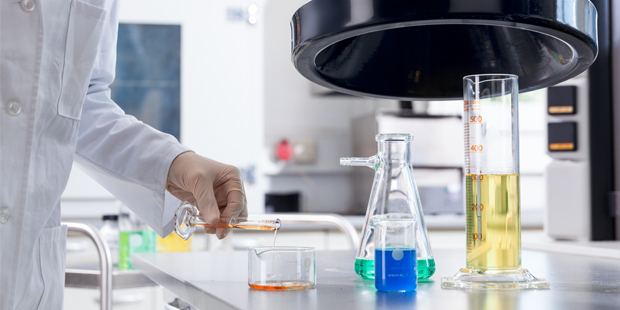
ErP Ecodesign Directive
For information on EU Regulation 666/2013 regarding ecodesign requirements for vacuum cleaners, Appendix 1, point 2(b) on information to be provided by manufacturers, please contact your local Kärcher service partner.

